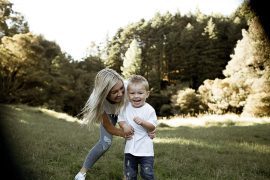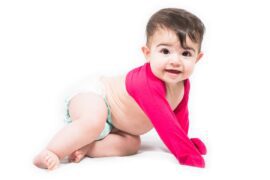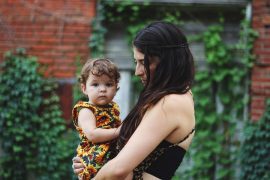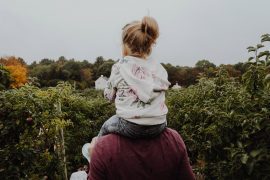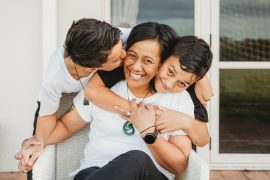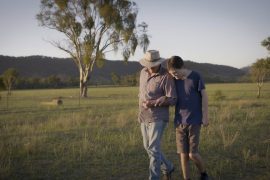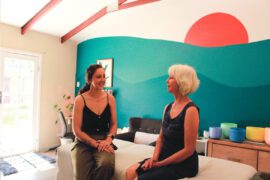How you can maximise your child’s neuroplasticity
A child’s brain soaks up the world and is influenced by what’s happening around them. As a parent or caregiver, you are the single most important influence on your child’s development.
The thinking behind neuroplasticity and how the brain works is grounded in science, but human development is a matter of the heart – a child will flourish in an environment enriched with loving relationships.
It’s the simple things that matter most – children need to feel safe, to explore, play, and they also require nutrition, health and physical activity. Here are four simple actions you can take today to advocate on your child’s behalf, and improve their learning and development:
Be present – pay attention to your child, give eye contact, listen actively, give them your time and focus, choose your behaviour and lead by example. Cultivate patience – children model what they see. Patience involves respect, empathy, security, and positive self-esteem – qualities you want to foster in your child. Being patient tells your child they are validated.
Focus on your child’s strengths and motivations. Research shows that motivation is critical to practising and learning a task.
Repetition – consider ways to increase how often your child practises a task by continuing learning at home, school or in the community while doing everyday activities.
Research has provided us with the evidence to know that early childhood intervention delivers hope for the future that is backed by science.
Visit https://cerebralpalsy.org.au/services/all-programs-and-services/eci/ to find out more about early childhood intervention.
References
¹Kleim, J. A., Jones, T. A. (2008). Principles of Experience-Dependent Neural Plasticity: Implications for Rehabilitation After Brain Damage. Journal of Speech, Language, and Hearing Research, Vol. 51, S225-S239, February 2008, D American Speech-Language-Hearing Association.
²Morgan, C., Novak, I., Dale, R. C., Guzzetta, A., & Badawi, N. (2016). Single blind randomised controlled trial of GAME (Goals. Activity. Motor Enrichment) in infants at high risk of cerebral palsy. Research in developmental disabilities, 55, 256-267.
Professor Iona Novak is Co-founder and Head of the Cerebral Palsy Alliance Research Institute. She manages the strategic development of research into the prevention and cure of cerebral palsy and co-founded the Australian Cerebral Palsy Register.

